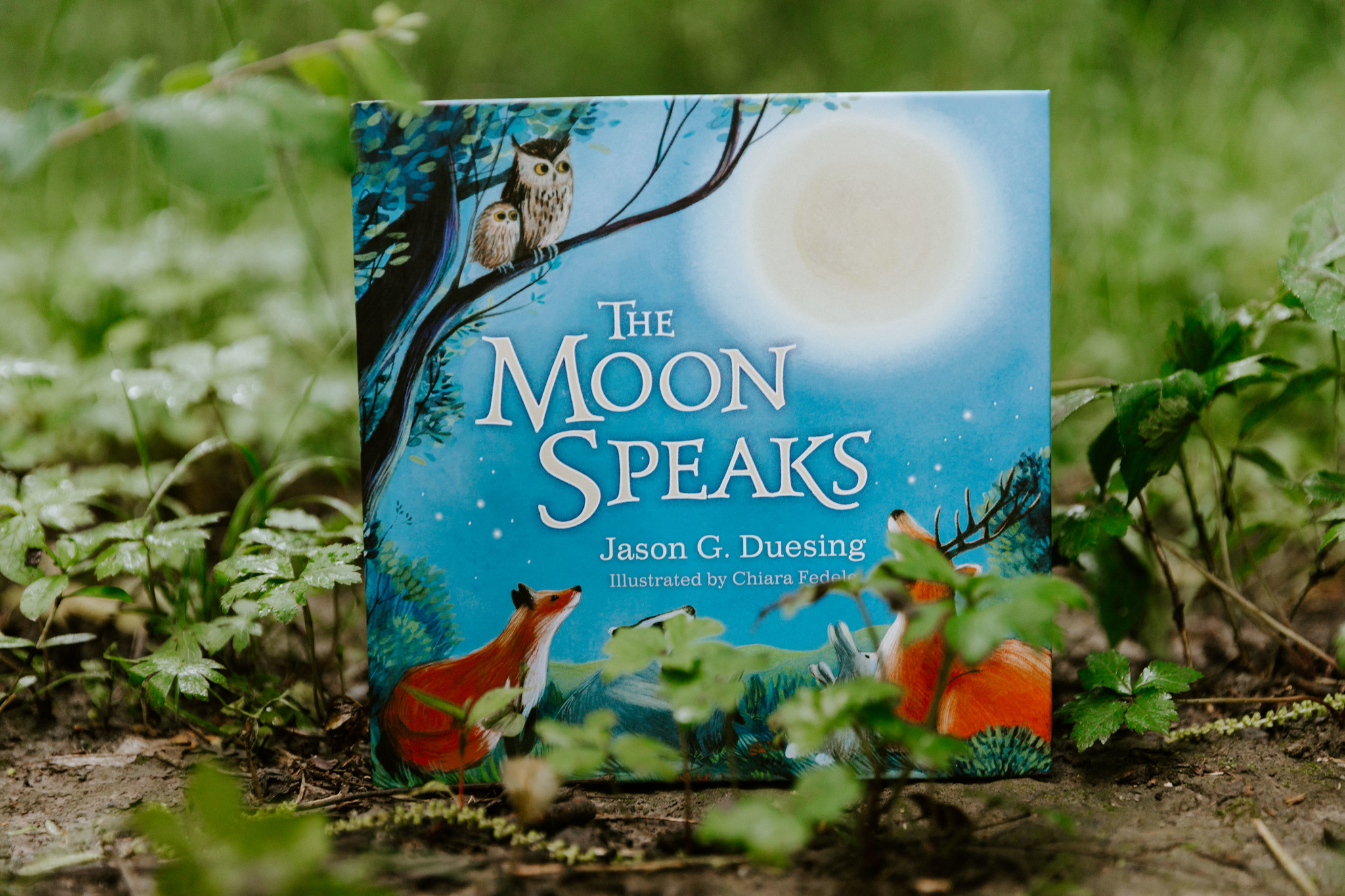
In my house, my children call me “The Lorax.”
I like nature and the outdoors. During church services whilst listening to sermons and taking notes, I also sketch and usually am sketching trees and mountains. When I travel, I am always looking for ways to see what is nearby in nature. My favorite color is green. When my son is building spaceships out of Legos, I build trees.
The Lorax, of course, is Dr. Seuss’s character that speaks in defense of nature, “I am the Lorax. I speak for the trees. I speak for the trees, for the trees have no tongues.”
But, the funny thing is, in our world, in so much as trees represent all that God has created, they do have “tongues”—or at least they can speak and do speak for themselves.
For kids, I have found that pointing them to the world God has made, to hear what they are saying, a wonderful tool for teaching them true things about God. As Psalm 19:1 says, “The heavens declare the glory of God, and the sky above proclaims his handiwork.”
God’s creation does speak, yet we know there is a limit to what creation can say. Christians need, then, to help kids understand and interpret the world around them based on biblical truth, especially when there are many voices in the world telling them contradictory things. Therefore, what does creation say? Why does creation say it?
Christians have formulated answers to these questions through the biblical doctrine of General Revelation. Though God’s revealing himself through creation has limits—it does not give the way of salvation through Jesus Christ—it does point humans to God and reveals to them parts of God’s attributes and character.
God is invisible (1 Tim 1:17), but he has made his invisible attributes known to the world or made visible through what he has made. As Romans 1:20 explains, “For his invisible attributes, namely, his eternal power and divine nature, have been clearly perceived, ever since the creation of the world, in the things that have been made.”
For believers in Jesus Christ, General Revelation calls them both to praise God and proclaim God. Thus believers, armed with God’s Special Revelation—the Bible—are to help others, especially children, understand what they see in creation and how that is meant to point them to God.
This has been a family project in our home in recent years, so much so that my youngest children crafted a song about nature and God’s work in creation that served as the inspiration for a family book project.
The aim of our book is to point the youngest readers and listeners, and those reading to them, to God and help them grow in their understanding of God and how he wants them to understand the world around them.
When seeing the world this way, believers are like a redeemed Lorax—they are speaking for the trees and all creation, based on the singular truth in the revealed word of the Creator, proclaiming his glory and the good news of Jesus Christ to the ends of the earth.
Nature can, and should, teach kids about God. For looking to nature, and then to the Bible, to learn something new about God equips children (and adults) to find joy in the world God has made and in the grand task of making Him known to the world.

